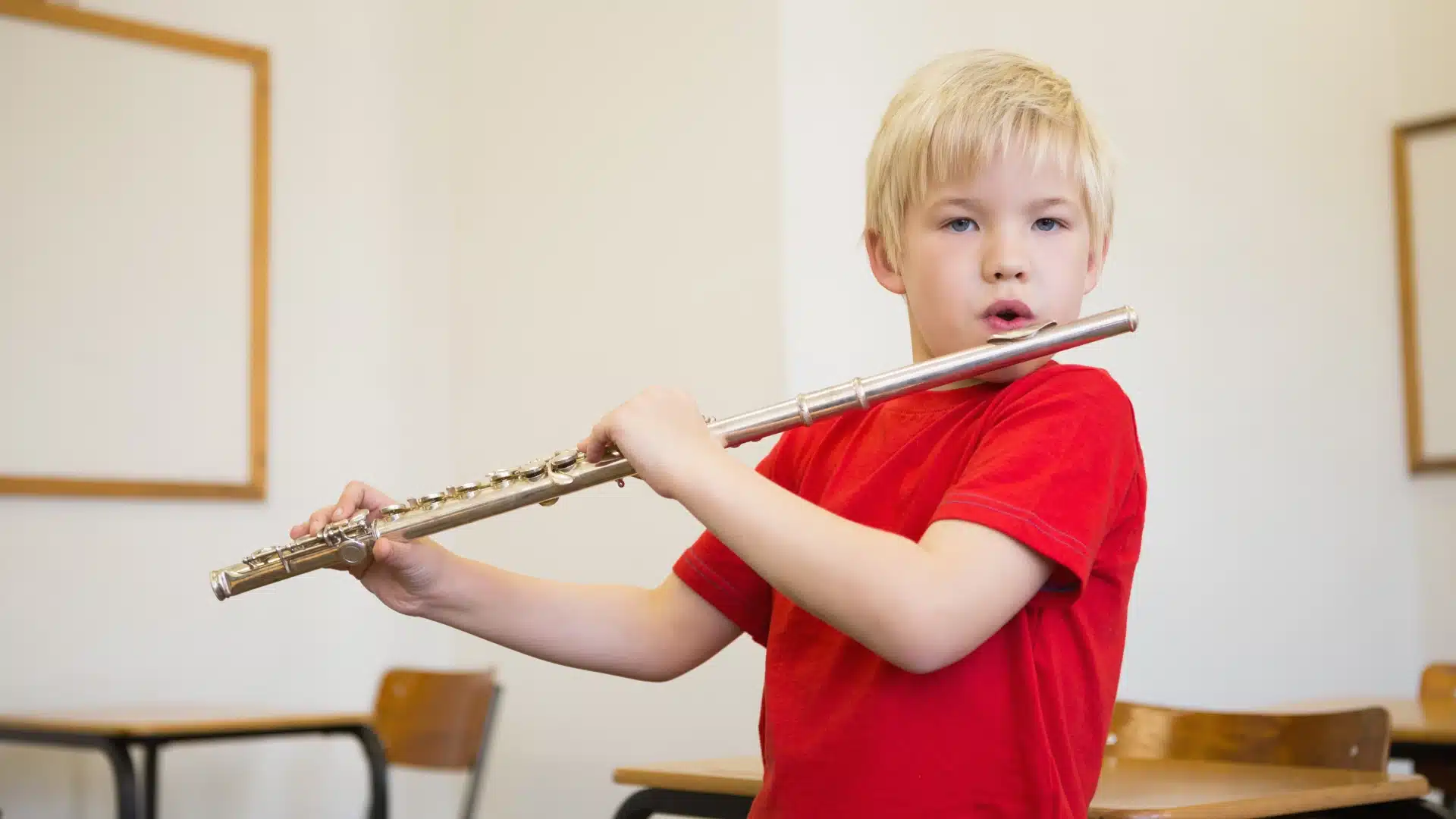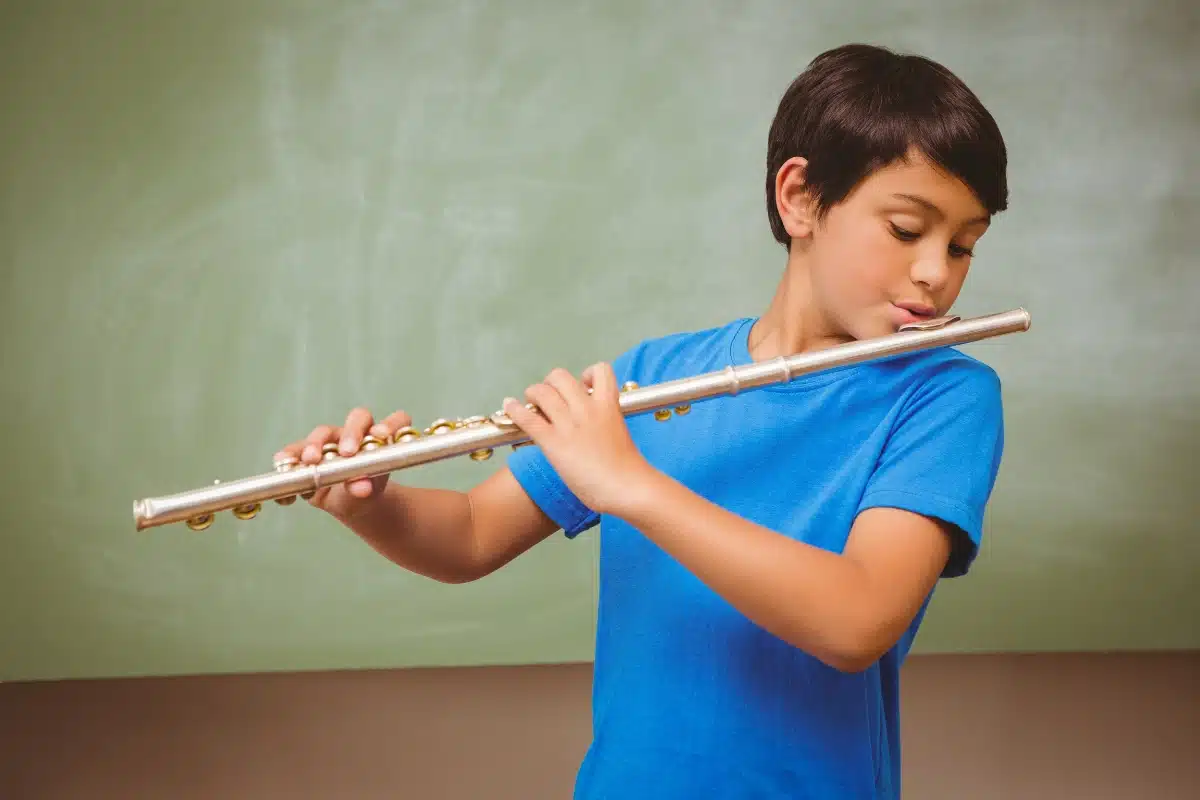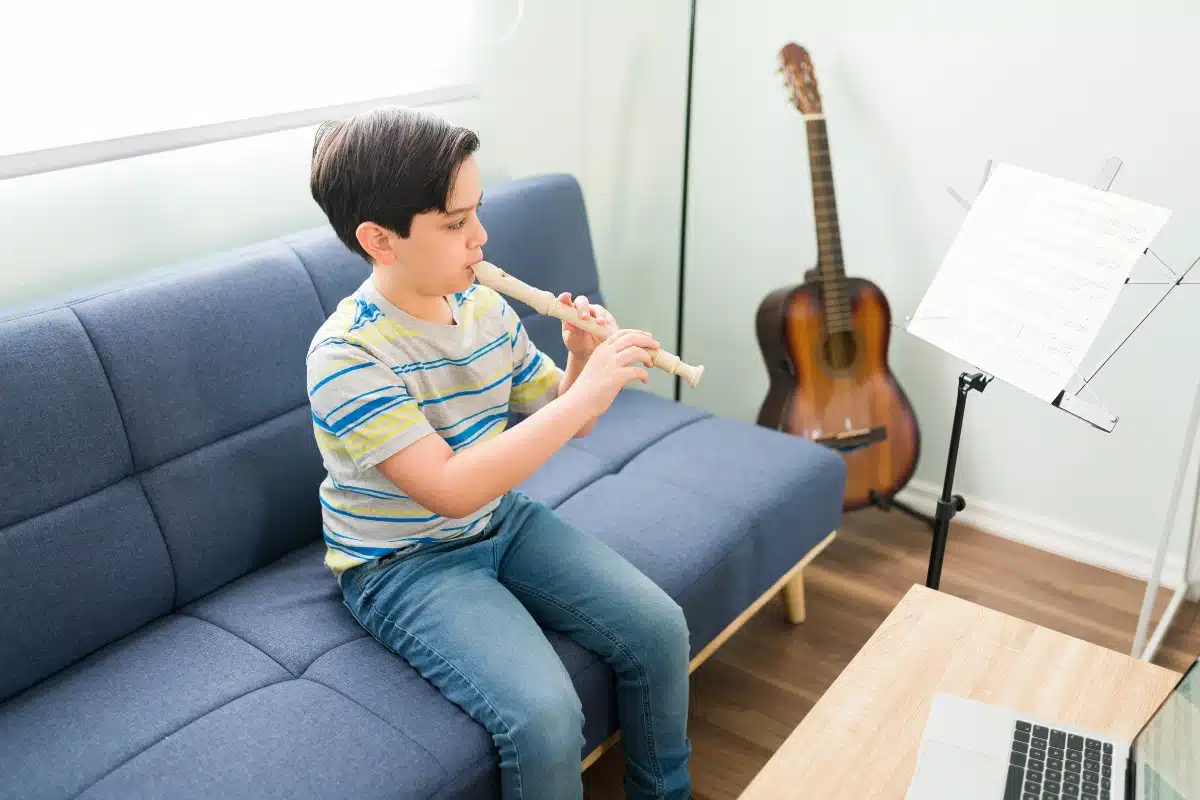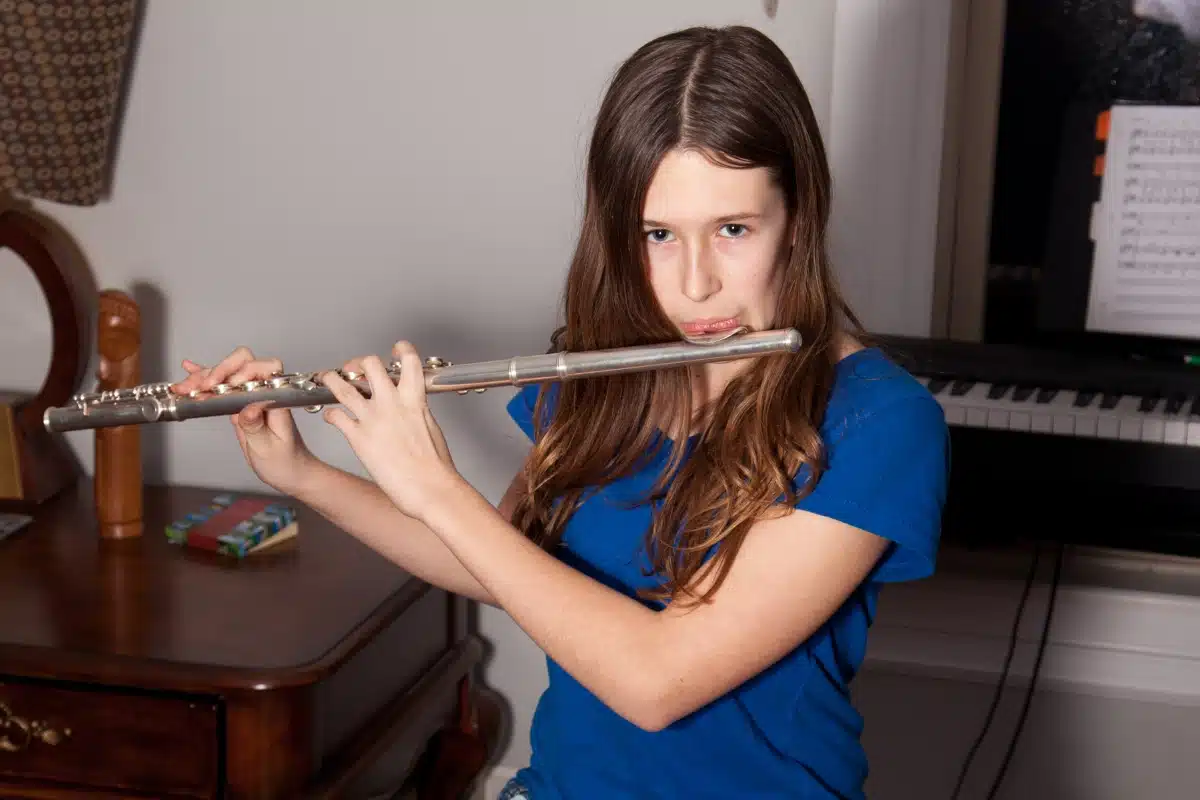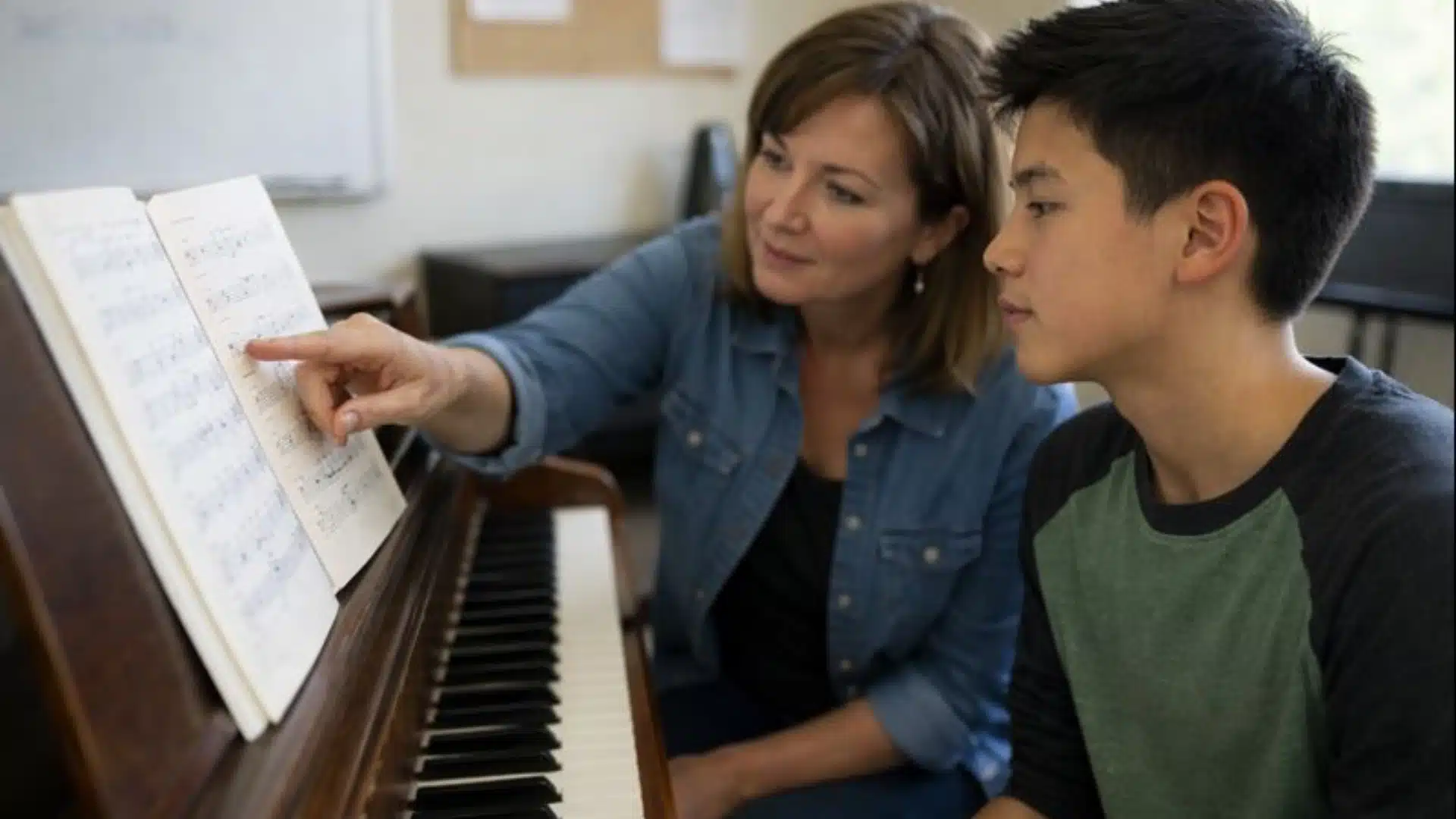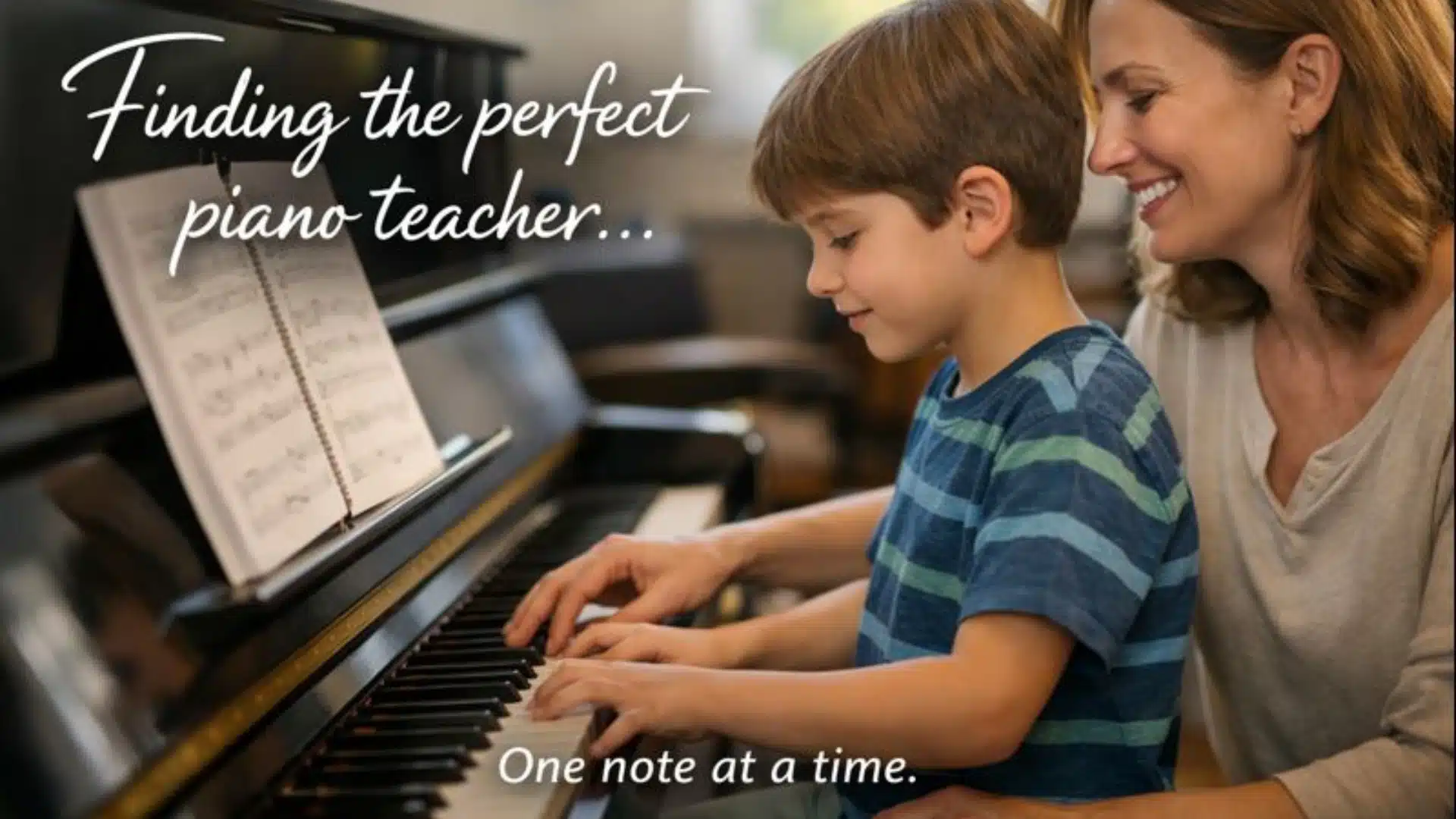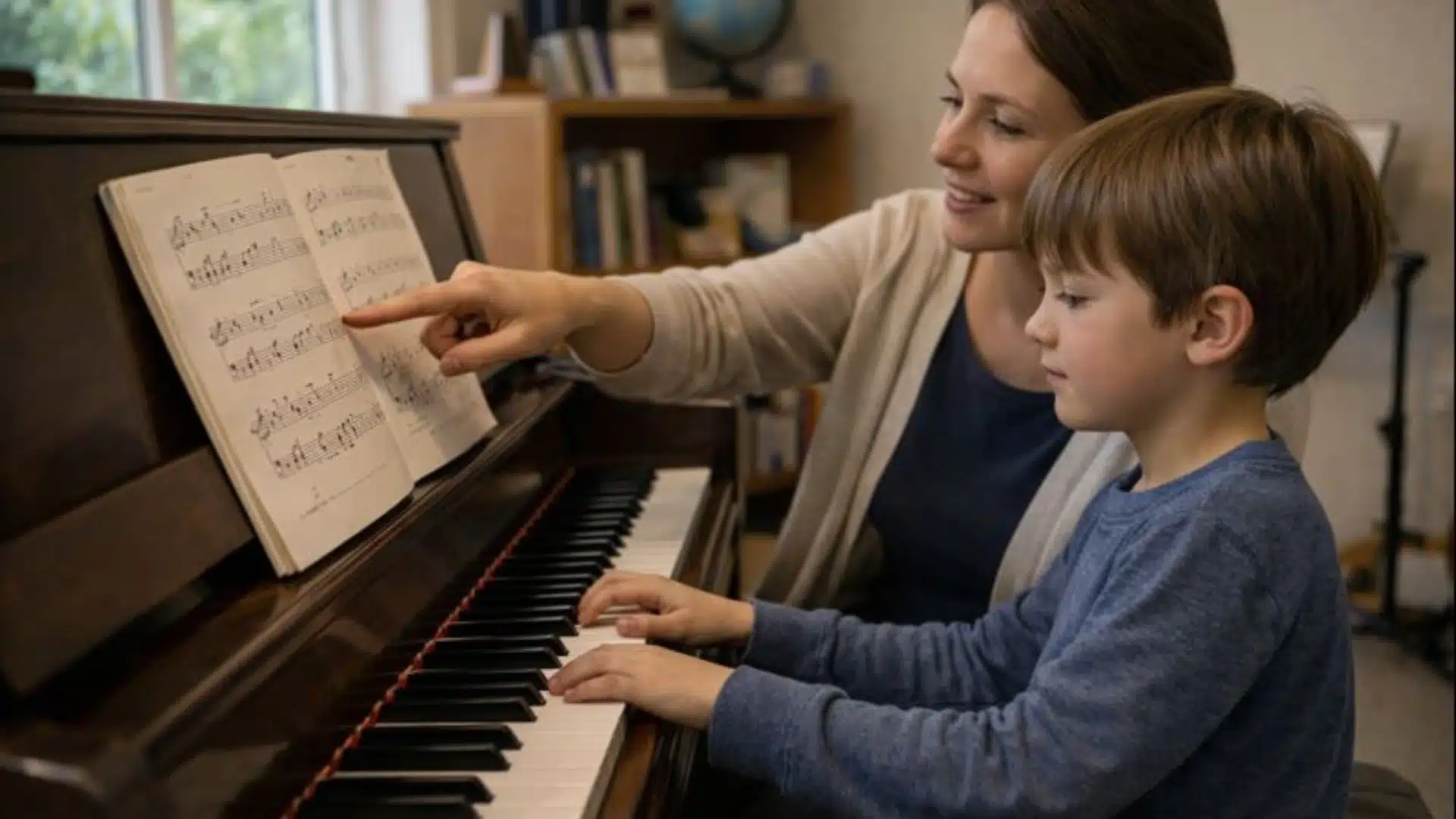Learning music is one of the most rewarding experiences a child can have. It builds confidence, focus, and patience skills that extend far beyond the classroom. Among all instruments, the flute stands out for its pure, breathy tone and graceful presence. If you’re a parent searching for a complete resource to learn flute for beginners, this guide is designed for you. Whether your child dreams of joining a school band, exploring creativity after school, or wants to make beautiful sounds, here’s everything you need to know to begin.
Why Learning the Flute Is a Beautiful Start to Music
The flute is one of humanity’s oldest instruments, simple in design yet rich in emotion. Its clear, airy voice can carry a melody with elegance and power. Children are naturally drawn to its sound; it feels calm, playful, and expressive at the same time.
But honestly, what makes it truly special is how it connects the body and mind. Playing the flute demands controlled breathing, posture, and concentration. Kids learn not just how to create notes, but how to breathe mindfully, listen deeply, and express feelings without words.
In Vancouver, families are increasingly turning to flute lessons as part of a balanced education combining art, focus, and emotional growth. It’s not only about music; it’s about nurturing presence and self-discipline in a fun, creative environment.
The Benefits of Learning the Flute for Beginners
Learning the flute teaches more than just technique. It develops life skills that last a lifetime.
1. Focus and Patience
In a world full of quick distractions, flute practice slows everything down. Each breath, finger movement, and sound requires attention. Over time, kids develop remarkable focus and patience, qualities that naturally improve school performance.
2. Confidence and Stage Presence
Nothing boosts confidence like mastering a song and performing it. Even a short recital or a family performance can make a child beam with pride.
3. Emotional Expression
Music gives kids a healthy outlet for their emotions. They can play softly when they’re calm or loudly when they’re energized. That emotional release helps balance mood and reduce stress.
4. Academic Benefits
Studies consistently show that children who study music perform better in math and reading comprehension. Flute students learn rhythm, patterns, and counting, all of which strengthen cognitive development.
5. Community and Connection
Being part of a music school in Vancouver introduces kids to a community of peers who share the same passion. They collaborate, perform together, and learn teamwork through shared creativity.
At what Age Is it Best to Learn the Flute?
Most teachers recommend starting around age six to eight. At that stage, children have developed enough lung capacity and hand coordination to handle the flute comfortably. That said, every child is unique. Some may be ready earlier with smaller instruments, while others thrive starting a bit later.
If your child is under eight, curved-head flutes or beginner models can make learning easier. These are designed to fit smaller arms and fingers, ensuring comfort and proper technique from day one.
Choosing the Right Flute for Beginners
Walking into a music store can feel overwhelming: silver flutes, student flutes, curved-head models, what’s right for your child? Here’s a quick breakdown:
- Plastic or nickel-plated student flutes are ideal for absolute beginners. They’re lightweight, affordable, and durable.
- Curved-head flutes shorten the reach, perfect for younger children.
- Silver or intermediate flutes are the next step after mastering the basics, offering a richer tone.
A good teacher will help you test different models and recommend the one that best fits your child’s needs and age. Remember, comfort matters more than brand names at this stage.
What to Expect in the First Few Lessons
The first lesson isn’t about playing full songs, it’s about discovery. Kids learn how to:
- Hold the flute properly.
- Make their first sound (which can take patience!).
- Understand breath control.
- Begin simple note reading.
The first few weeks can feel slow, but don’t worry. Every child progresses differently. When taught with encouragement and fun, they quickly start producing clear tones and simple melodies.
At Music Star Learning Center, teachers know that the beginning stage sets the emotional foundation for long-term success. Lessons combine structure with play, ensuring students feel proud of every small milestone.
Building a Practice Routine That Works
Let’s be real, getting kids to practice daily can be tricky. But consistency, not perfection, makes the difference. Here’s how to make it enjoyable:
- Keep sessions short: 10 to 15 minutes daily work better than one long weekend session.
- Create a ritual: Set a specific time right after homework or before dinner.
- Celebrate progress: Record short videos or give small rewards when a new song is mastered.
- Stay involved: Even just sitting nearby while your child practices can boost their motivation.
A small story from one parent stands out: “My daughter started flute lessons last fall. At first, she could barely make a sound. We set a 10-minute timer daily, and within a month, she was playing ‘Mary Had a Little Lamb.’ She even played for her grandparents on Zoom; it was magical.”
Understanding the Learning Stages
When you learn flute for beginners, progress happens in clear phases.
Stage 1: Tone and Breathing
Students learn to control air direction, pressure, and posture. Breath work becomes second nature.
Stage 2: Finger Coordination
Simple scales and short tunes help fingers move smoothly between notes.
Stage 3: Reading Music
By the second or third month, most children can recognize notes on the staff and read simple rhythms.
Stage 4: Musicality and Performance
Expression, dynamics, phrasing, and stage confidence come into play. This is where the magic really begins.
Common Challenges (and How to Overcome Them)
Every beginner faces a few bumps along the way. Here are the most common and how to handle them:
1. Getting a Clear Sound
The most frustrating early challenge! Encourage patience, experiment with lip position and air angle. Teachers often call it “finding your sweet spot.”
2. Running Out of Breath
Learning controlled breathing takes practice. Simple breathing exercises without the flute can help build lung strength.
3. Finger Confusion
Those tiny keys can look intimidating. Breaking songs into short segments and repeating them slowly works wonders.
4. Feeling Bored
Variety is key. Teachers at professional music schools near me often mix classical tunes with fun songs from movies or games to keep motivation high.
The Role of Parents in Supporting Flute Learning
Parents don’t need to be musicians to help. Your encouragement makes all the difference. A few practical tips:
- Attend the first few lessons to understand posture and setup.
- Ask your child to “teach you” a short note or rhythm to reinforce their learning.
- Keep the instrument visible at home, not hidden in a case.
Children mirror enthusiasm. If they sense that you’re proud and interested, they’ll stay engaged and confident.
Preparing for Performances and Exams
After a few months, some kids are ready to perform or even pursue structured exams like the RCM (Royal Conservatory of Music). Preparation builds discipline and pride. At Music Star Learning Center, students are guided through recital preparation, stage presence, and optional RCM exam coaching. The goal isn’t competition, it’s confidence and joy in sharing what they’ve learned.
Finding the Right Flute Courses in Vancouver
The right teacher can make or break the experience. When exploring flute courses in Vancouver, consider these factors:
- Experience with Children: Teaching kids is an art; it requires patience, playfulness, and understanding.
- Customized Lessons: Every child learns differently; one-size-fits-all doesn’t work.
- Environment: A warm, welcoming space inspires creativity.
- Progress Feedback: Regular updates help parents stay involved in their child’s journey.
Ask to observe a trial class if possible. You’ll instantly sense whether the teacher connects with your child’s personality and pace.
Why Vancouver Is the Perfect Place to Learn Flute
Vancouver’s artistic spirit, diversity, and love for the arts make it an ideal city for music education. From community recitals to outdoor festivals, opportunities for young musicians are everywhere. The calm coastal atmosphere also encourages mindfulness, an essential trait for any flute player.
Families searching for flute lessons in Vancouver often mention the city’s inclusive and inspiring approach to music education. It’s not just about technical skill but cultivating curiosity and joy.
When Progress Feels Slow: Keep the Big Picture in Mind
Every musician hits plateaus. Some weeks, everything clicks; other times, it feels like nothing works. That’s normal! Remind your child (and yourself) that progress in music isn’t linear. The real growth often happens quietly in the background.
One story comes from a student named Lila. She spent two weeks struggling with a tricky passage. Frustration grew until one morning, she picked up the flute and played it perfectly. Her teacher smiled and said, “See? Your fingers were learning even when you thought they weren’t.”
That’s the magic of persistence.
How to Make Flute Practice Fun at Home
Add creativity to keep your child motivated:
- Play duets: You clap while they play.
- Create a mini-concert: Invite siblings or friends for a five-minute show.
- Record progress: Monthly recordings help track improvement and boost confidence.
- Mix genres: From classical to pop, variety keeps learning fresh.
If you’ve been wondering how to learn flute for beginners without it feeling like homework, fun routines like these turn practice into play.
Beyond Music: Life Lessons from the Flute
When children learn the flute, they learn more than notes; they learn discipline, empathy, and balance. They discover that steady breathing can calm nerves, that teamwork creates harmony, and that mistakes aren’t failures but stepping stones.
It’s heart-warming to see how music nurtures emotional intelligence. Many parents at Vancouver’s music schools say their kids have become more patient, focused, and confident in everyday life.
Choosing Music Star Learning Center
If you’re looking for a trusted music school in Vancouver that understands children’s learning styles, Music Star Learning Center stands out for its warm, family-centred approach. Classes are small, interactive, and taught by experienced musicians who genuinely care about each student’s growth.
Children are encouraged to express themselves while learning proper technique and musical literacy. Whether your child is a complete beginner or already exploring melodies, this environment fosters both skill and love for music.
Conclusion: Every Note Is a New Beginning
Learning the flute is more than mastering an instrument; it’s discovering rhythm, patience, and creativity within. For kids, it becomes a gentle journey of self-expression and joy. Vancouver offers the perfect setting: a vibrant city that values both art and community.
If you’re ready to begin, explore a flute lesson in Vancouver and watch your child’s confidence and curiosity soar. It’s never too early or too late to learn flute for beginners and experience how music can brighten life one note at a time.
Ready to begin?
Enroll your child today at your trusted music school near you and experience how learning the flute for beginners can transform focus, confidence, and creativity. Every note brings them one step closer to a lifetime love of music.

